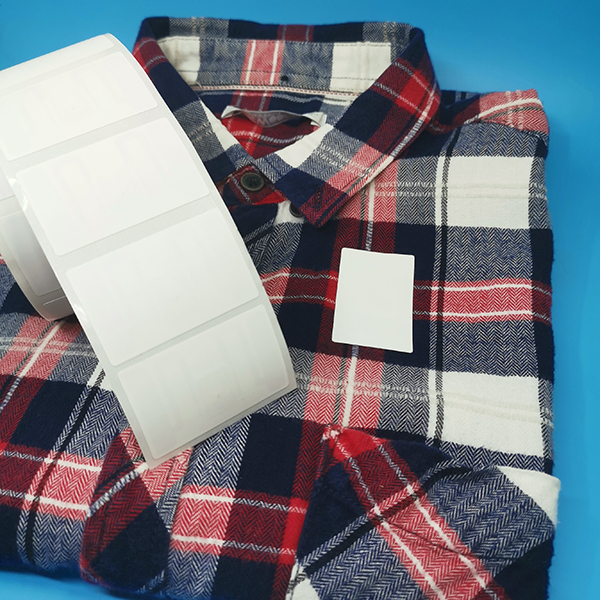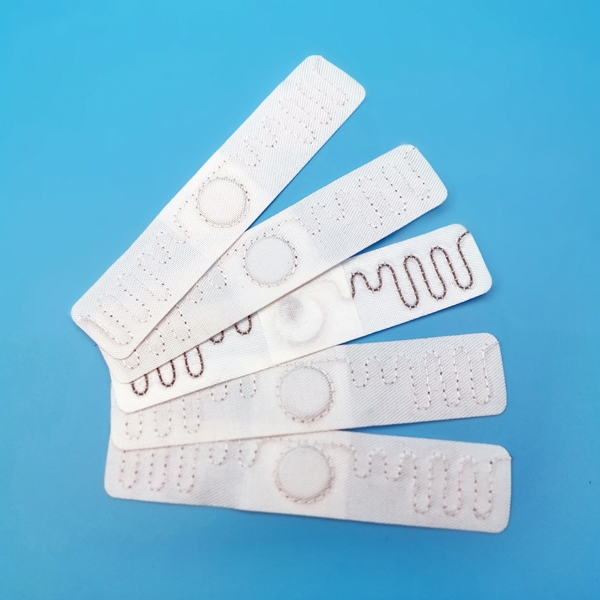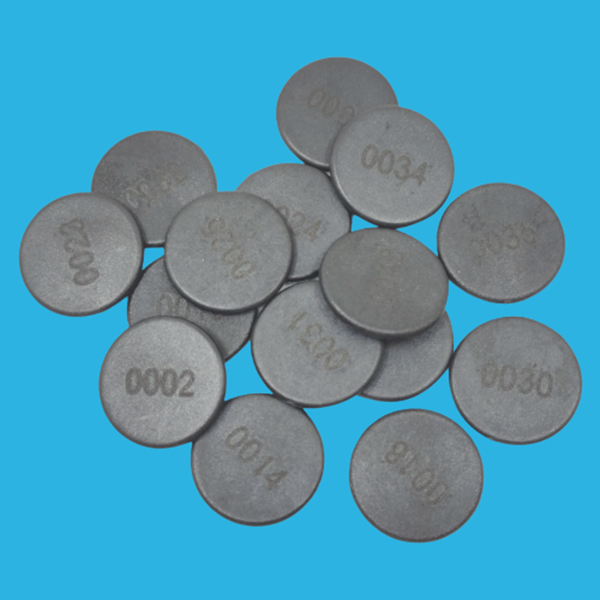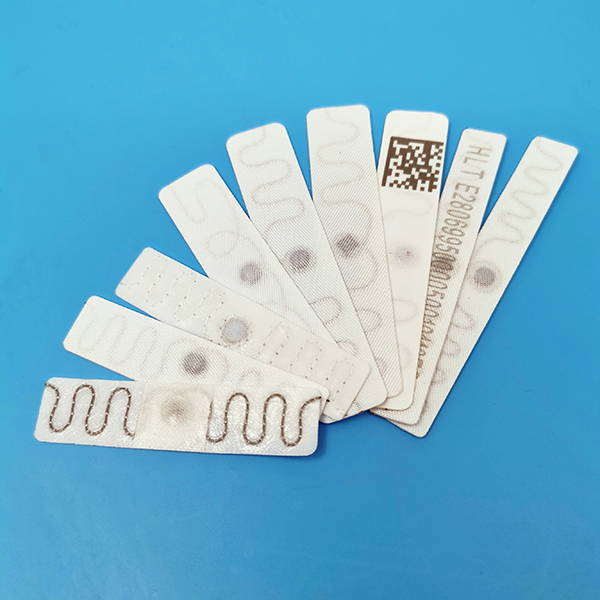Enhancing Sustainability in Textile Industry with HUAYUAN’s RFID Tags
In today’s global textile industry, sustainability is a critical concern as businesses, consumers, and regulatory bodies increasingly recognize the need for responsible production and consumption practices. The demand for innovative solutions that minimize environmental impacts and enhance transparency is greater than ever. RFID technology has emerged as a transformative solution, revolutionizing the textile sector by providing unparalleled visibility into each stage of a product’s lifecycle, with a particular emphasis on sustainability. HUAYUAN provides a wide range of UHF and HF tags designed to identify, track and manage textile assets efficiently through their lifecycle.
What We Offer
Tracking textiles lifecycle with HUAYUAN’s RFID tags
With similar regulations for DPP to be initiated in the EU, the urgency of sustainability has been taken more and more seriously by the people, the textile industry as well as government management. As the second largest source of pollution in the world, the textile industry is a very important part of the sustainability process.
With 30 years of experience in RFID industry, we are committed to developing lifelong monitoring of textiles for sustainable development.
- Comprehensive know-how in RFID and NFC, and encapsulation in a wide range of materials.
- Fast, flexible, and high-quality RFID transponder design capabilities with proper housing.
- Years of successful experience in textiles products tracking with RFID / NFC technology.
- Engaged in European market from smart card to LF/HF/NFC/UHF RFID since 2005.
- A serial RFID tag solutions for custom textiles inserting in flat linen, garment, health care, underwear, sweater blanket to table clothes, slipper, wipe, mop and aviation textiles.
- Easy to use, no complicated installation or operation required.
- Washable data printing, matched chip programming respectively.
- Customization can be developed according to the specific needs of the customer.
How RFID can benefit sustainable fashion and textile lifecycle
Integrating RFID tags into textile lifecycle tracking
HUAYUAN had invested all serial RFID measurement instrument to build a laboratory for R&D for a verity segment of RFID applications, with emulation environments for textiles assembling, washing, high density RFID bulk reading, RFID inventory cabinet, and RFID tunnels with various RFID read device and antennas. With close partnership with top level science laboratories and institutes, HUAYUAN keep developing RFID solutions for industries applications for more than 10 years. Each application provide a properly form of RFID tag for respective textiles which can track and evaluate the environmental footprint of it, realizing fast E tracking and identification for improvement digitalization in sustainable practices.
Sustainability
From responsibly sourcing raw materials to eco-friendly manufacturing processes, efficient distribution, mindful retail practices, and ultimately, proper disposal or recycling, RFID technology enables textile companies to optimize their operations, reduce waste, and promote a circular economy.
Transparency and Traceability
RFID tags provide a secure and reliable way of verifying the origin and quality of the textiles throughout the supply chain. RFID tag can prevent counterfeiting, share information with stakeholders and consumers.
A better customer experience
RFID tags provide consumers with information about the environmental and social impacts of their purchases, fostering a more responsible and informed marketplace. Consumers can also benefit from faster checkout, easier returns, personalized recommendations, and interactive fitting rooms that use RFID technology.
Enhanced Brand Reputation
Companies that prioritize sustainability and employ RFID technology can differentiate themselves in the market, attracting environmentally conscious consumers and strengthening brand loyalty. By using RFID tags to communicate their values and achievements in reducing their ecological footprint, textile companies can enhance their brand image and credibility.
Processes of Applications with lifecycle tracing RFID tag
Manufacturing: RFID tags can be used to monitor the flow and inventory of raw materials, semi-finished and finished products to improve production efficiency and quality control throughout till be a finished textiles product, the RFID tag insert in textiles can replace any RFID sticker, care label or hang tag.
Logistics chain: RFID tags can be used to track the location and status of textiles during transportation to prevent loss and damage.
RFID in retail chain: RFID tags can be used for automatic checkout, theft prevention, inventory management and customer service.
Industrial laundry: RFID tags can also be used for speed inventory and distribution of textile management in industrial laundry, healthcare, hospitality and uniform, PPE management.
End-of-life management: RFID tag allows for the tracking of products at the end of their lifecycle, facilitating proper disposal or recycling, and promoting a circular economy in the textile industry.






